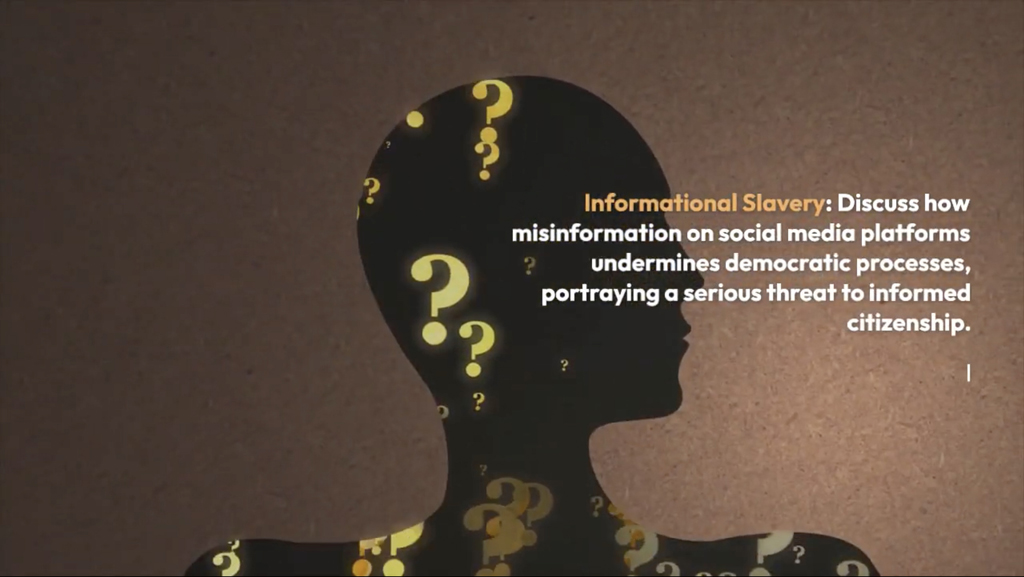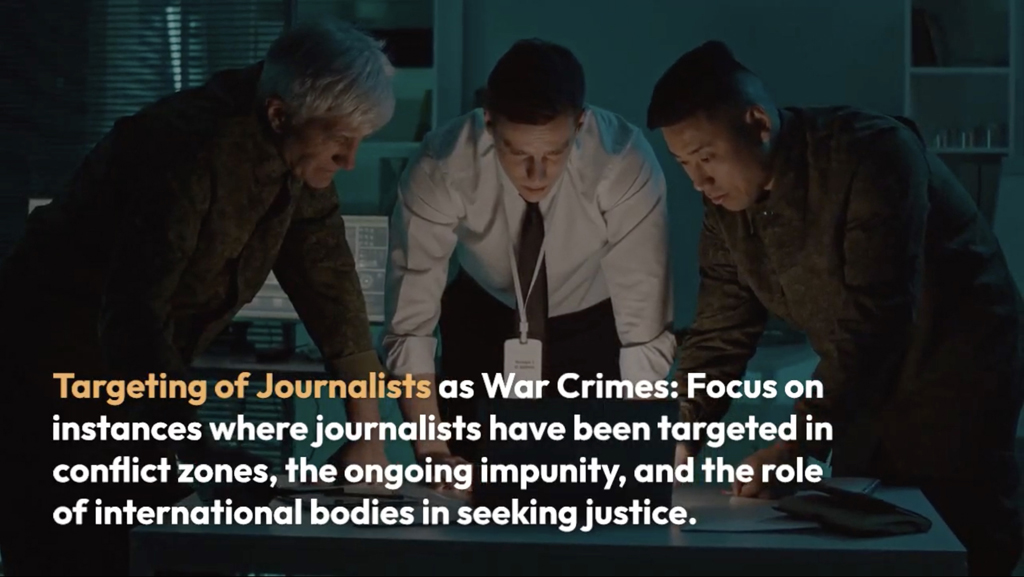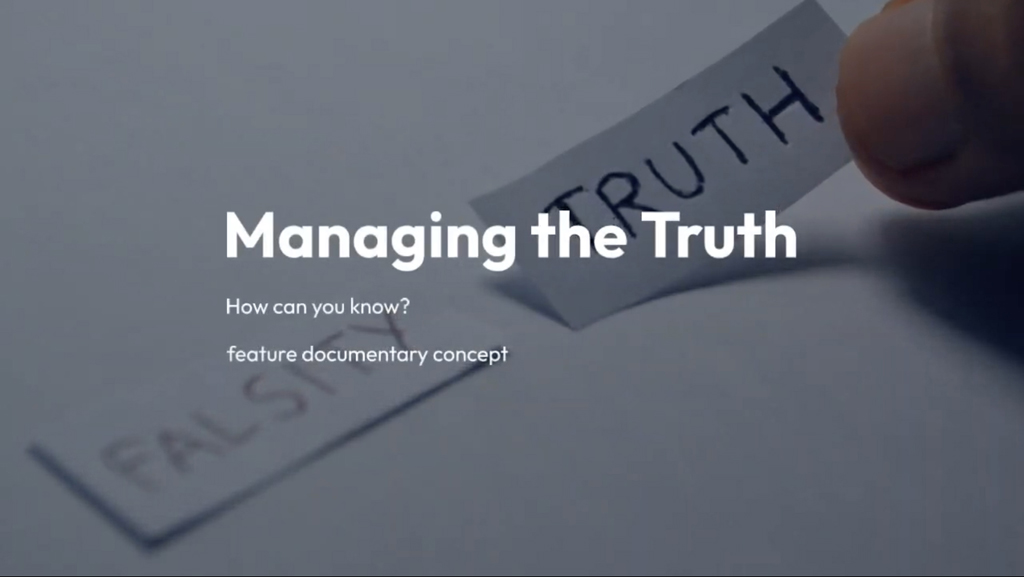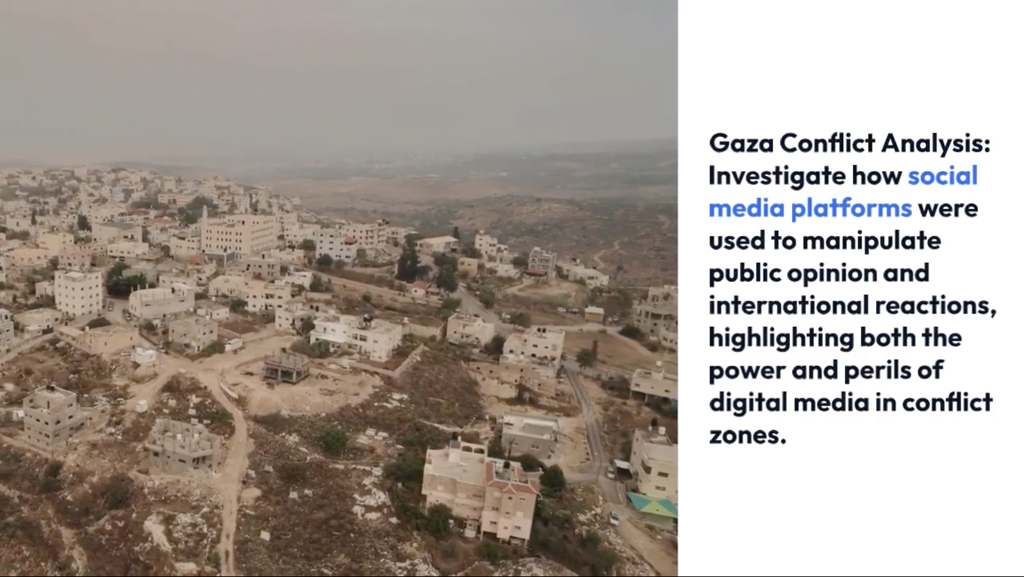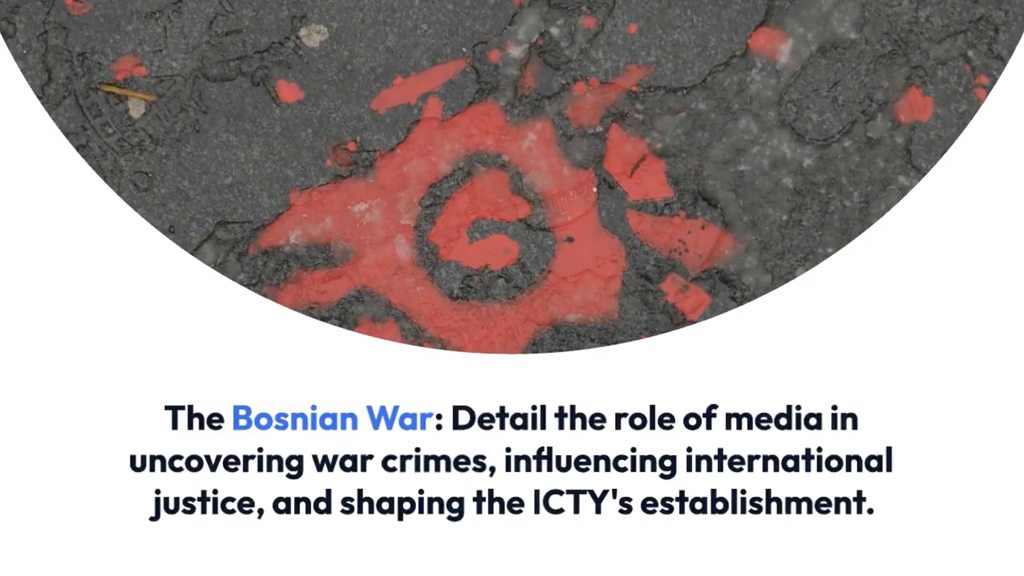
Asia Bataieva-Dokalenko
Director of Content Monetization, StarLight Media Group, Ukraine.
Since 2004, Anastasia has held various positions in the production, acquisition, and distribution of formats and ready-made content for Ukrainian TV channels and media groups, including TONIS, First Automotive TV Channel, 1+1, and StarLight Media. At StarLight Media, she oversees international co-productions for TV series and documentaries, format sales and acquisitions, and international sales of scripted and non-scripted content created by leading producers.
Documentary “Managing the Truth”
by Asia Bataieva-Dokalenko
“Managing the Truth” is a compelling 52-minute documentary that explores the intense challenges faced by journalists covering the Russian-Ukrainian war and operating under oppressive regimes in Russia, Belarus, Hungary, and Serbia. The film examines how media corruption, influenced by figures such as Elon Musk, skews public perception and fosters a culture of misinformation, trapping a generation in a web of manipulated truths.
Local to Global Narrative
The documentary opens with a stark portrayal of the Russian-Ukrainian war, showcasing journalists who risk their lives to report on atrocities. It then expands its focus to include severe media censorship in Russia, Belarus, Hungary, and Serbia. From these specific instances, the film transitions to a global view, analyzing how media moguls like Elon Musk, through platforms like Twitter, spread misinformation and shape public beliefs.
Characters and Reflections
Featuring journalists such as Marie Colvin, James Foley, and Anna Politkovskaya, “Managing the Truth” captures the emotional and physical hardships of reporting from conflict zones. Their stories of sacrifice and dedication are enriched by interviews with family members and colleagues, highlighting the personal costs of their work and the broader political and social impacts.
Historical and Contemporary Parallels
The documentary draws connections between current conflicts and historical events like the Bosnian War. It illustrates how media coverage of the conflict led to the formation of the International Criminal Tribunal for the former Yugoslavia and questions the potential for similar mechanisms in Syria and Ukraine. It underscores the dual role of journalistic documentation as both a beacon of justice and a target of suppression.
Seeking Solutions
Beyond highlighting the dangers faced by journalists, “Managing the Truth” seeks solutions. It examines the efforts of international organizations like the United Nations and the European Union in promoting press freedom and protecting journalists. The film calls for a coordinated global effort to safeguard journalists, offering practical steps for governments, NGOs, and individuals to combat media manipulation and foster transparency.
Conclusion
The documentary concludes with a reflection on the transformative power of informed journalism, emphasizing the need to support independent media to prevent “informational slavery” and protect democratic societies. “Managing the Truth” serves as a call to action, urging viewers and international bodies to uphold the critical role of journalists in maintaining global checks and balances.
Use of AI for Video Presentation
Creating this documentary required in-depth, financed research to accurately portray the complex issues at hand. To effectively communicate these concepts, AI technology was employed to produce a video presentation. This approach not only aids in visualizing the intricate details of media manipulation and journalistic struggles but also enhances the audience’s understanding by providing clear, engaging, and accessible content. AI-driven visualization serves as a powerful tool to explain and contextualize the documentary’s themes, making the information more impactful and easier to grasp.
Through comprehensive analysis, intimate character studies, and expert insights, “Managing the Truth” transcends simple reportage, becoming a tribute to the relentless pursuit of truth. It highlights the crucial role a free press plays in securing human rights and justice worldwide, honoring those who risk everything to bring light to the darkest corners of the world.
